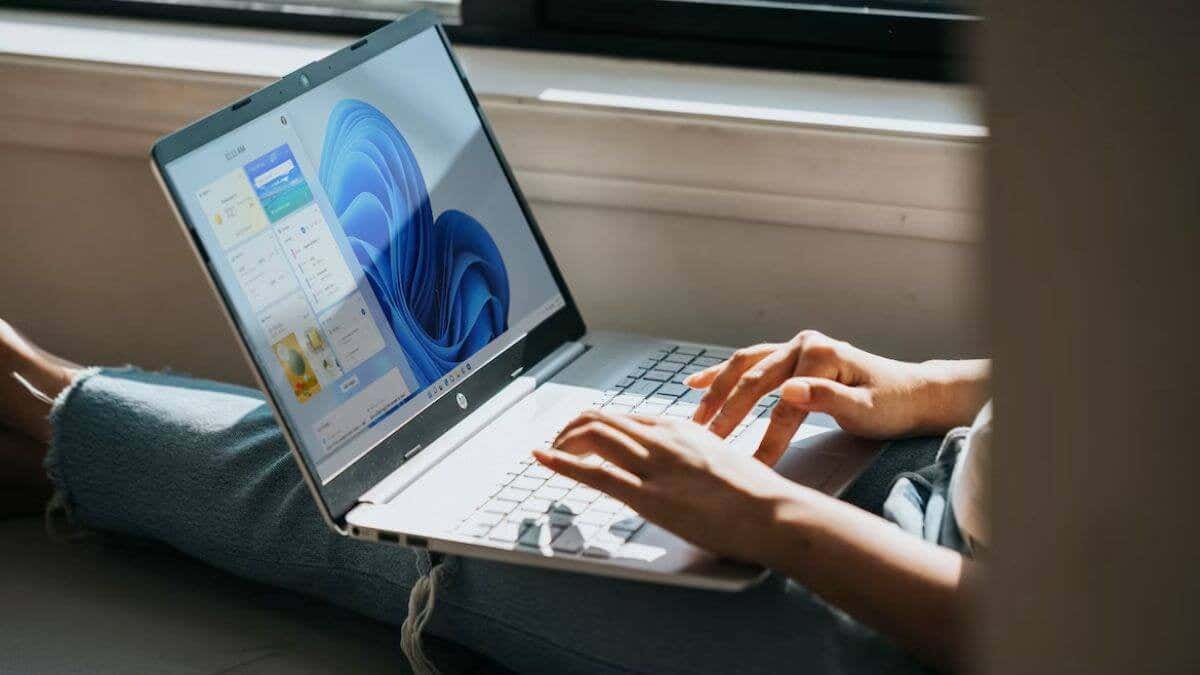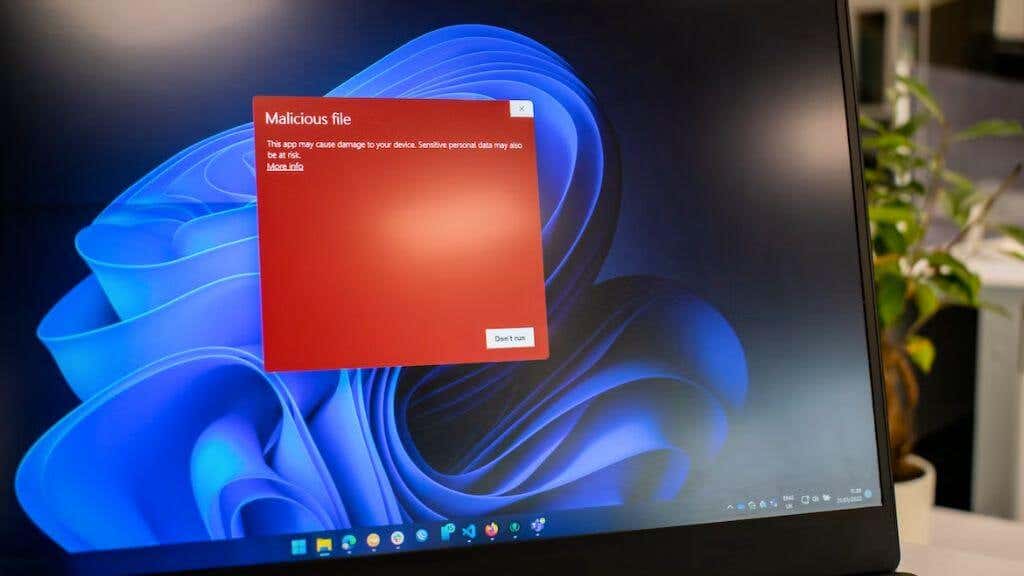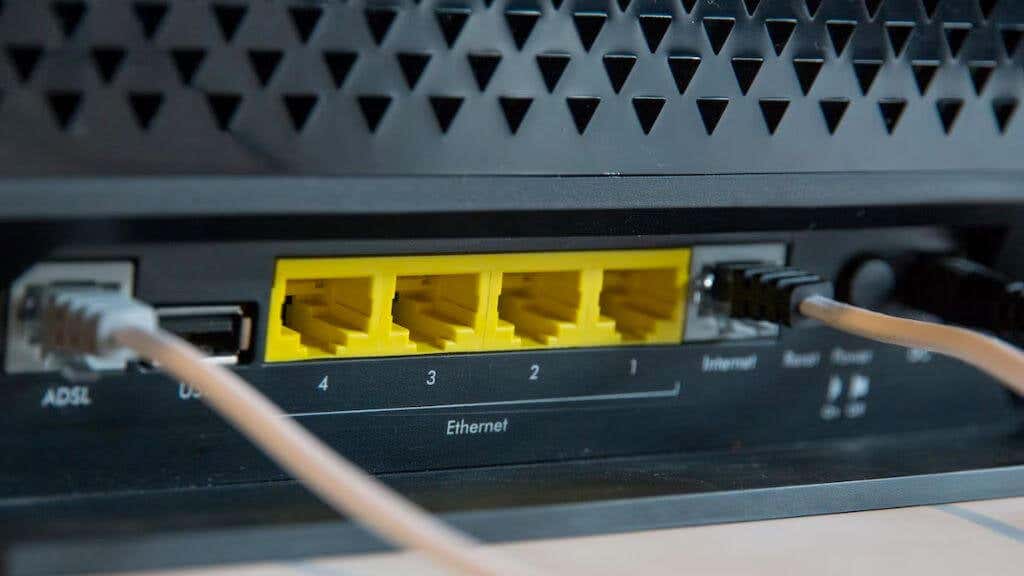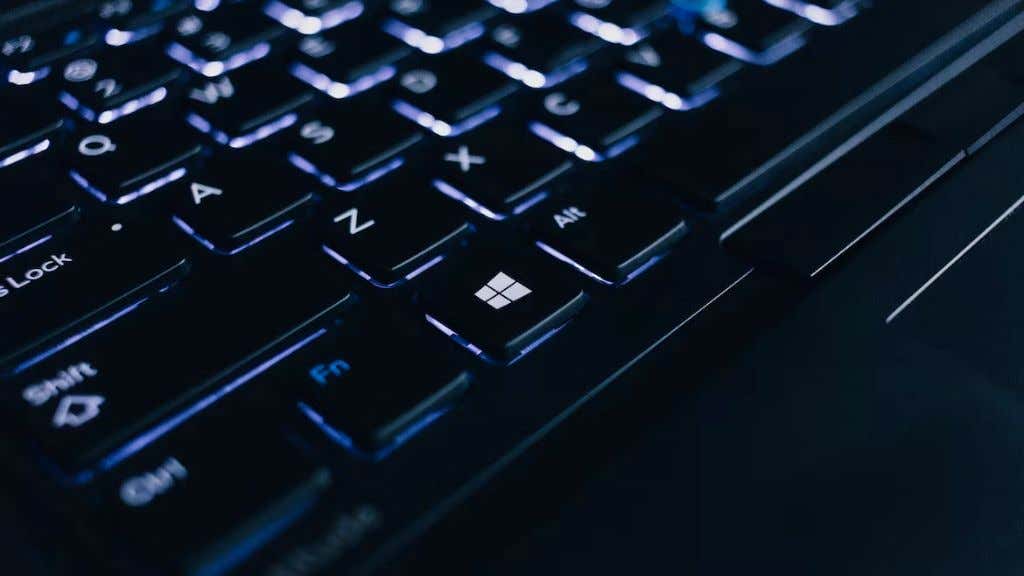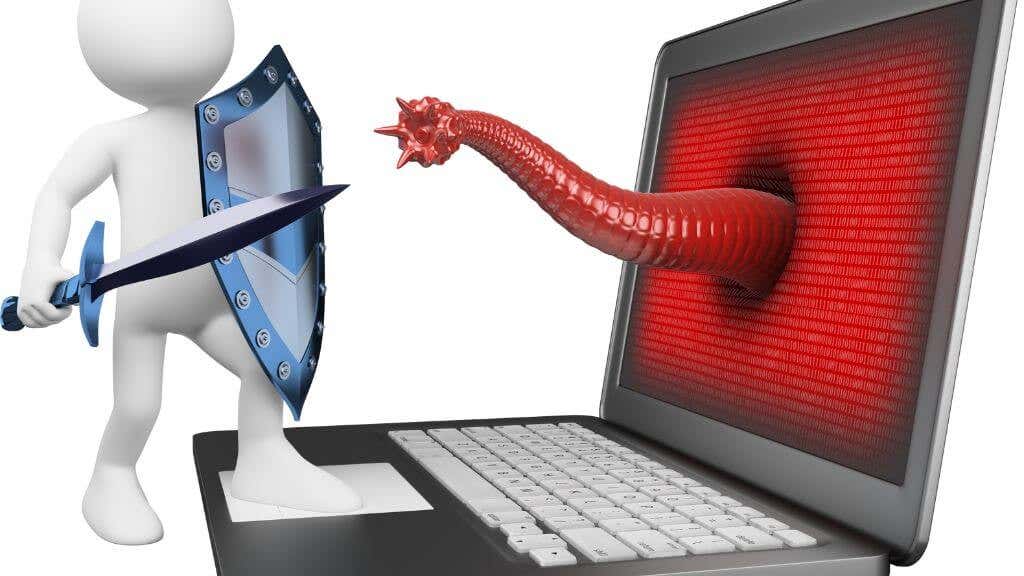As cybersecurity evolves, threats become more sophisticated, with high stakes. This can be a scary landscape, and the question on everyone’s mind can be: “How can I protect my Windows PC and personal data?”
If you’re a Windows 11 user, you may be mulling over whether or not you should invest in an additional antivirus program or if the built-in security features that come with your operating system are enough. The right answer depends on understanding the depth and breadth of protections already on Windows 11, after which only you can decide if you feel it isn’t sufficient.
The Windows Security Suite: More Than Just An Operating System
Windows 11 is not just an operating system; it’s a security guard tirelessly patrolling your digital borders. From the moment your system powers on, Windows 11 is on duty, deploying a mix of high-tech hardware and software to safeguard your identity, information, and applications.
We’ll break down the different security components of the OS grouped by what part of your digital life they protect.
The Malware Busters
Malware protection is a pivotal part of any cybersecurity strategy, and Windows 11 doesn’t disappoint. Real-time protection and detection mechanisms are in play to ward off these digital parasites. There are two main components that protect you from malware, starting with Windows Defender.
Microsoft Defender Antivirus: Your Digital Bodyguard
At the heart of the system’s defenses is the Microsoft Defender Antivirus. Think of it as a digital bodyguard always on duty, using next-generation technology to offer real-time antivirus protection.
Like a third-party antivirus program, Microsoft keeps Defender updated with the latest virus definitions. As long as you install your updates, it should offer similar protection to the typical paid suites.
Microsoft Defender SmartScreen: Your Digital Advisor
The Microsoft Defender SmartScreen is an advisor, alerting you when a website, application, or download bears the hallmarks of malicious intent.
Smartscreen protects you against online threats such as phishing websites and inspects any files you download. It uses a dynamically-updated list of reported threats to ensure you don’t accidentally end up somewhere dangerous and fall victim to crimes such as identity theft. If you get a SmartScreen warning when accessing a site, you’d better think twice about proceeding!
The Network Defenders
Almost every personal computer is connected to a network of some sort these days, which makes it possible for malefactors from anywhere in the world to slip in through the cracks if your security isn’t up to the job. Windows 11 has extensive network security features, without which your computer would be infected in minutes after being connected to the internet.
Microsoft Firewall: Under Siege
The Microsoft Firewall acts as a digital wall, repelling hackers or malicious software that attempt to infiltrate your PC through the internet or a network. For the most part, this happens in the background, but occasionally when you launch a program that wants network access, the firewall will ask you to approve it.
Secure Wi-Fi: Take Your Best Shot
Navigating the wireless world is safer than ever with Windows 11. The system supports industry-standardized authentication and encryption methods for Wi-Fi, including WiFi 6 and WPA3.
Remember that to take advantage of this improved Wi-Fi security, you must have hardware that supports those standards. I.e., you need a router and network adapter that supports Wi-Fi 6 and WPA3.
The Identity Protectors
Windows 11 offers various identity protection measures. There are constant password-breaking attempts every minute, whether remotely over the network or by someone with physical access to your Windows 11 device. With these features, it becomes significantly less likely that someone can break into your computer when other methods, such as malware, fail.
Windows Hello: Your Personal Digital Doorkeeper
Windows Hello is like a digital doorkeeper, letting you into your Windows 11 devices using a PIN, facial recognition, or a fingerprint. Which of these options is available depends on what hardware your computer has access to. For example, you must have a Windows Hello-certified webcam to use face unlock, and of course, you need a compatible fingerprint scanner to use that method.
Wake on Approach and Lock on Leave: Your Digital Sentry
For devices equipped with a presence detection sensor, Windows 11 offers a feature that automatically locks your device using facial recognition when you walk away and unlocks it when you return. This solved a common issue where people forget to lock their computers before getting up to do something else, which leaves a window of opportunity for the bad guys.
The Device and Data Protectors
While the security features we mentioned above can keep your data safe if your Windows device falls into the wrong hands, with these tools you can get them back, or see if something on your computer is poking around where it shouldn’t.
Find My Device: Your Digital Locator
The Find My Device feature is like a digital locator. When enabled, it can help recover lost or stolen hardware, mitigating security threats that rely on physical access to devices.
Privacy Dashboard: Your Digital Control Center
The Privacy Dashboard is your digital control center, offering a simple view where you can manage data, export reports, and view which apps are using your camera, mic, and even your location.
The Application Guardians
Applications are often a weak spot in the armor of cybersecurity. Windows 11, however, has taken significant strides to secure your apps, protecting your valuable information in multiple ways.
Microsoft Edge: Your Digital Scout
Microsoft Edge is your digital scout, blocking ad trackers and defending against malware. It also checks if your passwords have been compromised. Like Google Chrome, Edge is now Chromium-based, so it’s no longer the underdog against Google’s browser or Firefox. There’s no pressing need to use a third-party browser anymore.
OneDrive: Your Digital Safety Net
If you use the OneDrive backup feature in Windows 11, your documents and pictures are automatically backed up, providing a digital safety net for your data. So even if the worst happens, and even if your local data is destroyed by malware, you can always get it back. In particular, OneDrive can safeguard your data against Ransomware attacks.
Microsoft Family Safety: Your Digital Guardian
Microsoft Family Safety is the digital guardian for your family. It helps develop healthy digital habits by providing transparency into your family’s activities. You can use parental controls to block inappropriate apps and games, and limit browsing to kid-friendly websites using Microsoft Edge on Windows, Xbox, and Android.
How Windows 11 Security Features Compare to Windows 10’s
Windows 11 builds on the security framework of its predecessor, Windows 10, but goes a few steps further. It enhances existing features while introducing new ones, creating a more fortified defense system against cyber threats. From a more advanced antivirus mechanism to more robust identity protection, Windows 11 is a step up in security.
It’s also worth mentioning that every version of Windows eventually exits its support window. At which point, everyone on the older version of Windows will need to migrate or risk serious security risks. So even if Windows 11 didn’t have much more security than Windows 10, you’d have to upgrade at some point, assuming you want to stick with Windows as your OS.
Improvements in Windows 11 security add an additional wrinkle to those who want to upgrade from earlier versions such as Windows 10. Specifically, Windows 11 requires certain hardware security features, such as a TPM 2.0 module, or you won’t be able to upgrade. That means a new computer, or at the very least, replacing major components of your current computer at some point.
Do You Need Antivirus Software, or Is Windows Defender Good Enough?
The layered security approach that Windows 11 adopts is commendable, offering protection against a wide array of threats. However, the question remains: Are these measures enough to neutralize or protect against major security threats and malware?
The answer isn’t cut and dried. While Windows 11 offers comprehensive security features that should be sufficient for most users, no system is impervious to all threats. Cybersecurity is a race, and as defenses evolve, so do the threats they’re designed to counter.
Windows 11’s built-in features should provide solid protection for the average user. However, additional security measures, such as a third-party antivirus or firewall, could be beneficial for those dealing with sensitive data or operating in high-risk digital environments.
There are a few notable gaps that do need filling in Windows’ security. For example, there’s no OS-native VPN (Virtual Private Network) at the time of writing, so we advise you to get a reputable one if necessary. You’ll probably also want third-party password managers since Microsoft’s in-house solutions aren’t as user-friendly as possible.
Special types of malware, such as adware and spyware, can sometimes only be dealt with using specialist tools, such as the Malwarebytes’ anti-malware app.
For what it’s worth, this author has never felt the need to add more security software beyond the built-in antivirus, since Microsoft began to include software such as Defender as part of the operating system.
The Pros and Cons of Third-party Security Software
While third-party antivirus software might offer extra security in specific areas, you also have to consider that adding such software can interfere with Windows, not being an integrated part of it and, perhaps not optimized.
Also, third-party solutions might make more work for you as they may have to ask permission for things that Windows automatically grants to its own software components. There’s likely to be some sort of extra friction when all your security components aren’t in-house.
Additionally, these security software packages can add bloat to your system, slowing things down. That’s not to say that Windows 11’s own security components don’t have a performance cost, but that’s the baseline we’re working with here. It’s unlikely to be any faster with additional third-party software.
If you do want more protection than Windows ships with, here are some of the best antivirus software options to get you started:
- BitDefender (Paid Antivirus)
- Kaspersky Security (Paid Antivirus)
- McAfee Antivirus (Paid Antivirus)
- Avast! (Free Antivirus)
- Norton 360 (Paid Antivirus)
It’s not just Windows that can benefit from security tools like these antivirus suites. You might want virus protection for Apple macOS, so check out our best antivirus options for Mac.
Related Posts
Sydney Butler is a social scientist and technology fanatic who tries to understand how people and technology coexist. He has two decades of experience as a freelance computer technician and more than a decade as a technologies researcher and instructor. Sydney has been a professional technology writer for more than five years and covers topics such as VR, Gaming, Cyber security and Transhumanism. Read Sydney’s Full Bio
